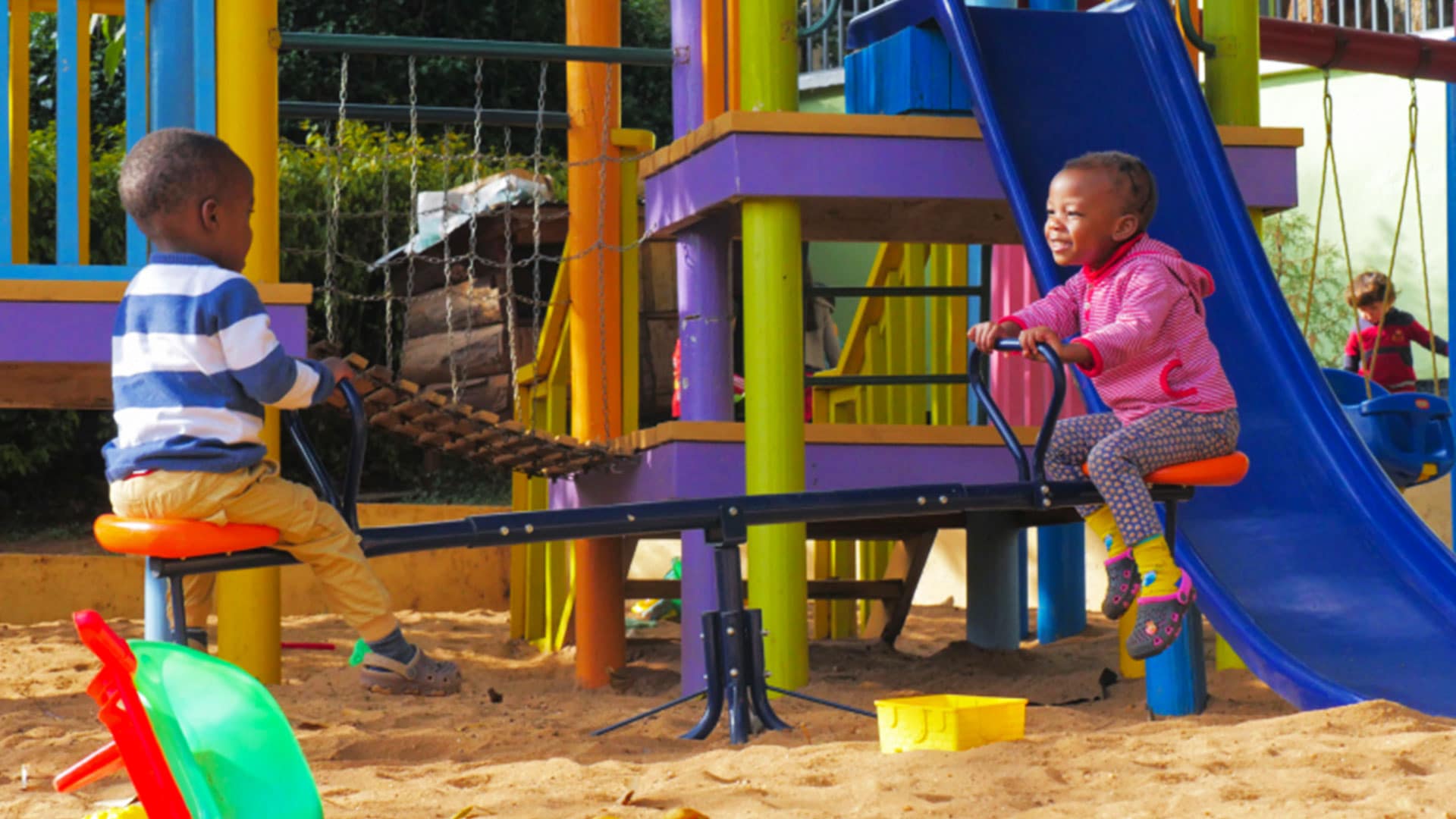Take care of the basics
Ensure your child is getting enough sleep, eating regular meals and healthy snacks and has daily exercise. When your child’s mind and body are nourished, tackling school worries is easier.
Provide empathy
Listen to your child’s concerns. Let your child share his/her fears and talk about what’s on his/her mind. There may be good opportunities to simply listen to your child when you are in the car, standing in line at the store, at bath-time or during dinner.
For some kids and teens this “casual” method of talking feels less intense and makes it easier for them to express themselves. For others, a private time with undivided attention feels better.
Solve the problem
Once you know what’s bothering your child, you can start to develop a coping plan. Anxious youth are often poor problem solvers and doubt their ability to cope. Addressing your child’s fear head on, by creating an active plan with concrete solutions, will significantly reduce the worry.
Focus on the positive aspects
Once you have an understanding of what your child is afraid of, and a coping plan to address these fears, you can encourage your child to re-direct attention away from the worries towards the positives.
Pay attention to your own behavior: Children take cues from their parents, so the more confidence and calm you can model, the more your child will believe s/he can handle this new hurdle. Be supportive yet firm. When saying goodbye in the morning, say it cheerfully – once! Ensure you don’t reward your child’s protests, crying, or tantrums by allowing him/her to stay home.


Join the Conversation